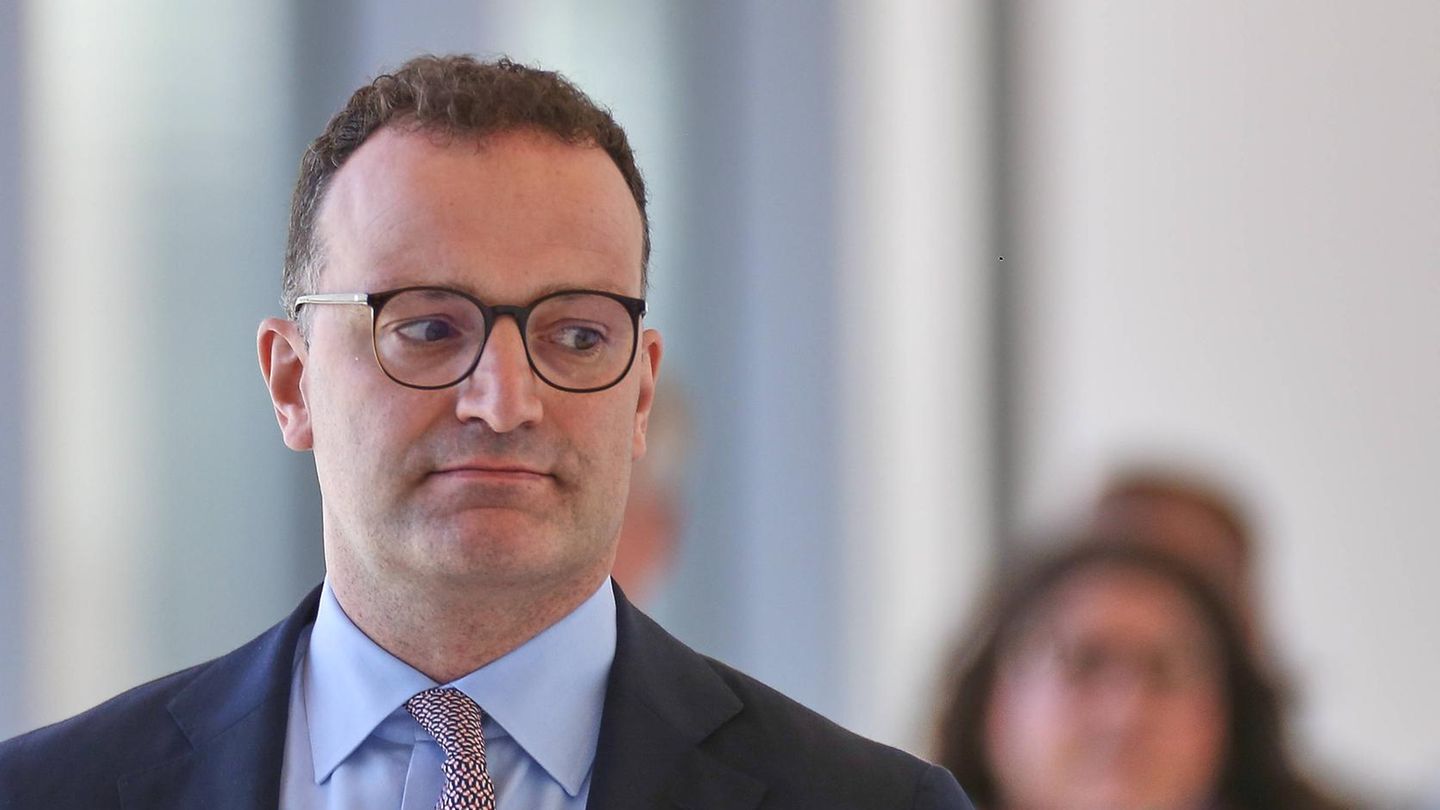Election program of the CDU and CSU
Expensive promises: How the Union wants to score points in the election
Copy the current link
On Tuesday, the CDU and CSU want to adopt their program for the federal election. The 79-page draft is full of promises such as tax cuts. However, elsewhere it remains vague.
The Union is fighting for votes in the federal election with a variety of promises, some of which are expensive. The draft program leaves it open how it specifically plans to finance the tax cuts and investments in research and the armed forces, for example: “Immediately at the beginning of the new legislative period, we will make an honest cash grab and question all expenditure, especially the subsidies. In this way, we will also ensure that implementation our projects ensure sound financial management.”
No to citizens’ money, yes to the debt brake
The Union hopes to raise funds by eliminating benefits such as citizens’ money: “Expenditures that miss their target must be eliminated,” it says in the draft. She wants to stick to the debt brake. Since the federal government’s budget situation is extremely strained due to tax losses and the ongoing economic downturn, financing is unlikely to be possible without cuts in other areas.
The 79-page paper is available to the German Press Agency and is due to be approved by the boards of the CDU and CSU on Tuesday. An overview of important points:
The Union wants to reduce electricity taxes and network fees. Networks, storage and all renewables should be expanded. In addition, the “nuclear energy option” should be retained – including consideration of resuming the “recently shut down nuclear power plants”. The traffic light heating law to reduce climate-damaging emissions is to be abolished.
“There are established rules and norms in our country that must be recognized and respected by everyone who wants to live here. We stand by our guiding culture.” The traffic light naturalization law should be reversed, as should the general possibility of dual citizenship.
Asylum policy should change: “Strict limits on migration are urgently needed,” says the paper. People with no prospects of staying should be turned back at the borders. The number of safe countries of origin should be expanded and deportations to Syria and Afghanistan should also be possible. Family reunification for those entitled to subsidiary protection should be suspended.
Defense spending is to grow, compulsory military service is to be gradually introduced and the lead in building a European missile defense shield is to be taken. Ukraine should continue to be supported “with diplomatic, financial and humanitarian means as well as with arms deliveries”.
As relief, the Union wants to reduce taxes and abolish the obligation to file tax returns for pensioners. The income tax rate should be reduced gradually and the top tax rate should take effect later. She wants to abolish the solidarity surcharge. It promises commuters a higher commuter allowance. Social security contributions should be reduced and the VAT rate for food in restaurants should be reduced. Overtime pay should be tax-free. There should also be higher allowances for property transfer and inheritance tax. A wealth tax, on the other hand, is not. Spousal splitting should remain.
“We are sticking to the existing statutory regulation 1165 on the retirement age,” it says in the paper. Pension cuts exclude the CDU and CSU. Anyone who voluntarily works longer hours should receive a salary of up to 2,000 euros per month tax-free. Every child between the ages of 6 and 18 should receive a state-sponsored capital market account.
More surveillance – for example through electronic ankle bracelets, video cameras or facial recognition systems – is intended to improve safety in dangerous places. Internet providers should be obliged to store IP addresses. The legalization of cannabis will be abolished again.
Implementation of the program in coalition negotiations is open
Union Chancellor candidate and CDU leader Friedrich Merz promised when he was nominated as North Rhine-Westphalia’s top candidate that the Union would reduce the tax and pension burden. He wanted to leave his children and grandchildren “a country in which they can not only live in prosperity and with social justice, but above all in peace and freedom.”
Since the Union is likely to be dependent on coalition partners after the election on February 23rd, it is unclear whether and to what extent it will actually be able to enforce its demands.
With a view to the draft program, the SPD accused Merz of unilateral relief only for top earners and corporations. “Friedrich Merz is planning billions in relief for top earners and large companies, but leaves it open who should pay the bill,” said SPD General Secretary Matthias Miersch to the “Tagesspiegel”.
CSU leader Markus Söder warned in Munich against “cheap compromises”: “The program is not intended to be rewritten after the election.”
dpa
Source: Stern
I have been working in the news industry for over 6 years, first as a reporter and now as an editor. I have covered politics extensively, and my work has appeared in major newspapers and online news outlets around the world. In addition to my writing, I also contribute regularly to 24 Hours World.




